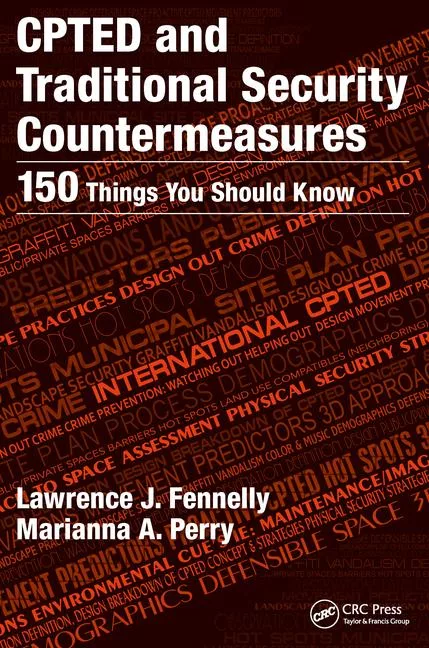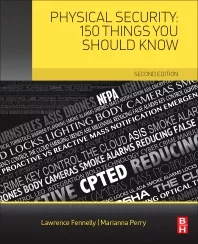NPRA Says Current CFATS Program Should Be Made Permanent
Existing Chemical Facility Anti-Terrorism Standards are effective and should be made permanent, NPRA, the National Petrochemical & Refiners Association, said in written testimony submitted to a congressional panel.
The association's statement was given to the House Committee on Homeland Security's Subcommittee on Cybersecurity, Infrastructure Protection, and Security Technologies. The panel met last week to discuss security at U.S. chemical facilities.
"Maintaining a high level of security has always been, and remains, a top priority at America's refineries and petrochemical manufacturing plants," NPRA stated in its testimony. "Operators of these facilities are fully engaged in the maintenance and enhancement of facility security."
Established in 2007, the Chemical Facility Anti-Terrorism Standards program was created under the Department of Homeland Security to regulate security at chemical facilities determined by the department to be "high-risk."
"We firmly believe that the current CFATS program has been successful, but needs to be made permanent without the addition of any extraneous provisions," NPRA stated. "CFATS must be allowed to be fully implemented by DHS before any amendments to the program are considered."
The program is currently operating under a temporary extension granted by Congress. Legislative proposals both to modify the existing program and to make the program permanent were introduced in the previous Congress and are expected to be considered again this year.
Some previous proposals have included measures to require the use of "inherently safer technology." NPRA's testimony today reiterated the association's longstanding opposition to this change.
"IST is a conceptual and often complex framework that covers procedures, equipment, protection and, when feasible, the use of less hazardous chemicals," NPRA stated. "IST is not just a safety program; it is a process safety program that involves understanding chemical engineering and the supply chain for petroleum-based, natural gas liquids-based and other organic chemicals derived from these basic feedstocks."
"We strongly oppose the inclusion of any IST provisions in chemical security legislation. IST and chemical engineering decisions should be left to individual sites and not mandated by the federal government," NPRA stated.
NPRA said the association remains "ready and willing to work with the Committee and Congress towards the implementation of sound, responsible, effective chemical facility security policy."
Looking for a reprint of this article?
From high-res PDFs to custom plaques, order your copy today!





